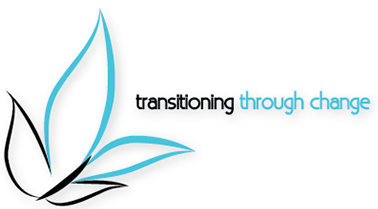Is Cognitive Behavioral Therapy Right For Me?

Cognitive Behavioral Therapy (CBT) is a psychological treatment that can help with a vast array of problems – including depression, anxiety, drug and alcohol abuse, eating disorders, and many others. It’s well known for leading to significant, noticeable improvement in quality of life.
There are a lot of questions surrounding cognitive behavioral therapy in Westminster, but CBT helps with the way people think by adjusting behavioral patterns. Understanding the process of what goes into CBT can help people determine if it is the right option for them.
What Goes Into CBT?
Cognitive behavioral therapy is based on a number of core principals. At its core, CBT works under the belief that psychological problems are based – at least partly – on unhelpful ways of thinking. These negative patterns can also emerge from learned patterns or other bad behavioral habits. It can also help people learn better ways to cope with psychological struggles.
With treatment focused on changing thinking patterns, patients learn problem-solving skills to enable them to cope with difficult situations. This can be accomplished through multiple strategies, which are determined by the client and the psychologist working together to develop a complete treatment plan. There is a focus on helping individuals work through these things on their own, as they need to learn the coping skills individually. The therapist is the guiding force along the way.
Strategies of CBT
CBT emphasizes helping the individual essentially become their own therapist. There’s a heavy focus on working through these techniques while outside of the therapy sessions, which allows the coping skills to be developed through real-world applications. Instead of focusing on the past, and what led to these difficulties, CBT focuses on managing the issues in the present. Of course the individual’s past is contemplated, but the focus is primarily on moving forward into coping in the future.
In an effort to change behavioral patterns, CBT can focus on calming techniques and helping individuals face their fears instead of avoiding them. Learning to recognize these thoughts that are creating the problems is a major focus, and then gaining an understanding on behaviors to deal with them to make it through these difficult situations. This creates confidence in the individual, allowing for better follow through on the treatment and problem-solving skills.
What Can CBT Help With?
Because this is a problem-focused form of therapy, CBT can help with a multitude of issues. People learn to identify positive thoughts and feelings, and differentiate those from unhelpful behavioral patterns. This happen by focusing on how events are perceived, rather than the events themselves. That perception of events is what actually determines an individual’s response to adversity. It’
Taking this approach, CBT has been well known to help with depression, anxiety, phobias, and panic attacks. But it’s also been a great vehicle to deal with eating disorders, substance dependency, obsessive compulsive disorders (OCD), post-traumatic stress disorder (PTSD), and anger management issues. There are a multitude of applications for this type of therapy. For more information on the benefits of CBT and how it can help you, reach out to the experts at Transitioning Through Change today.
